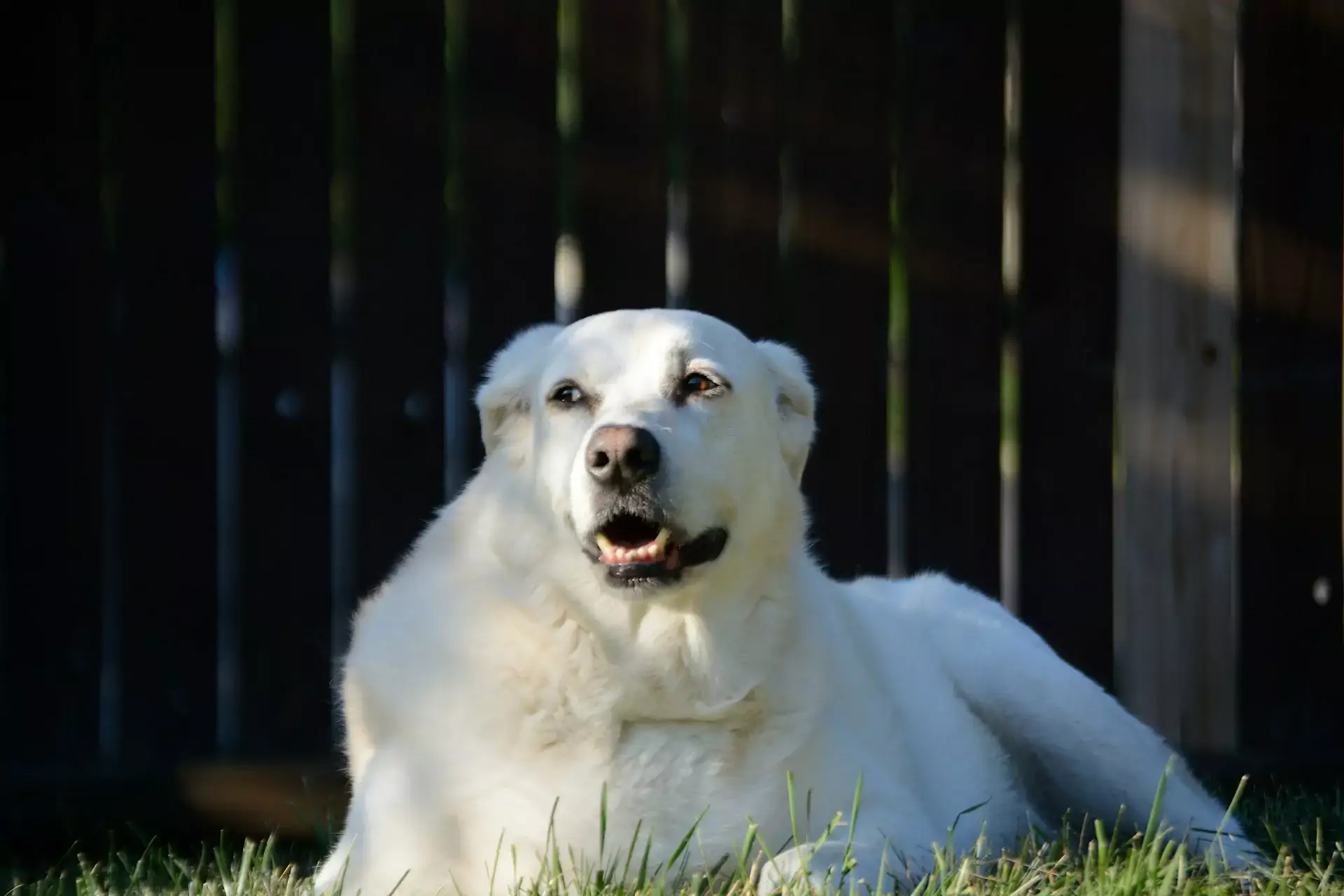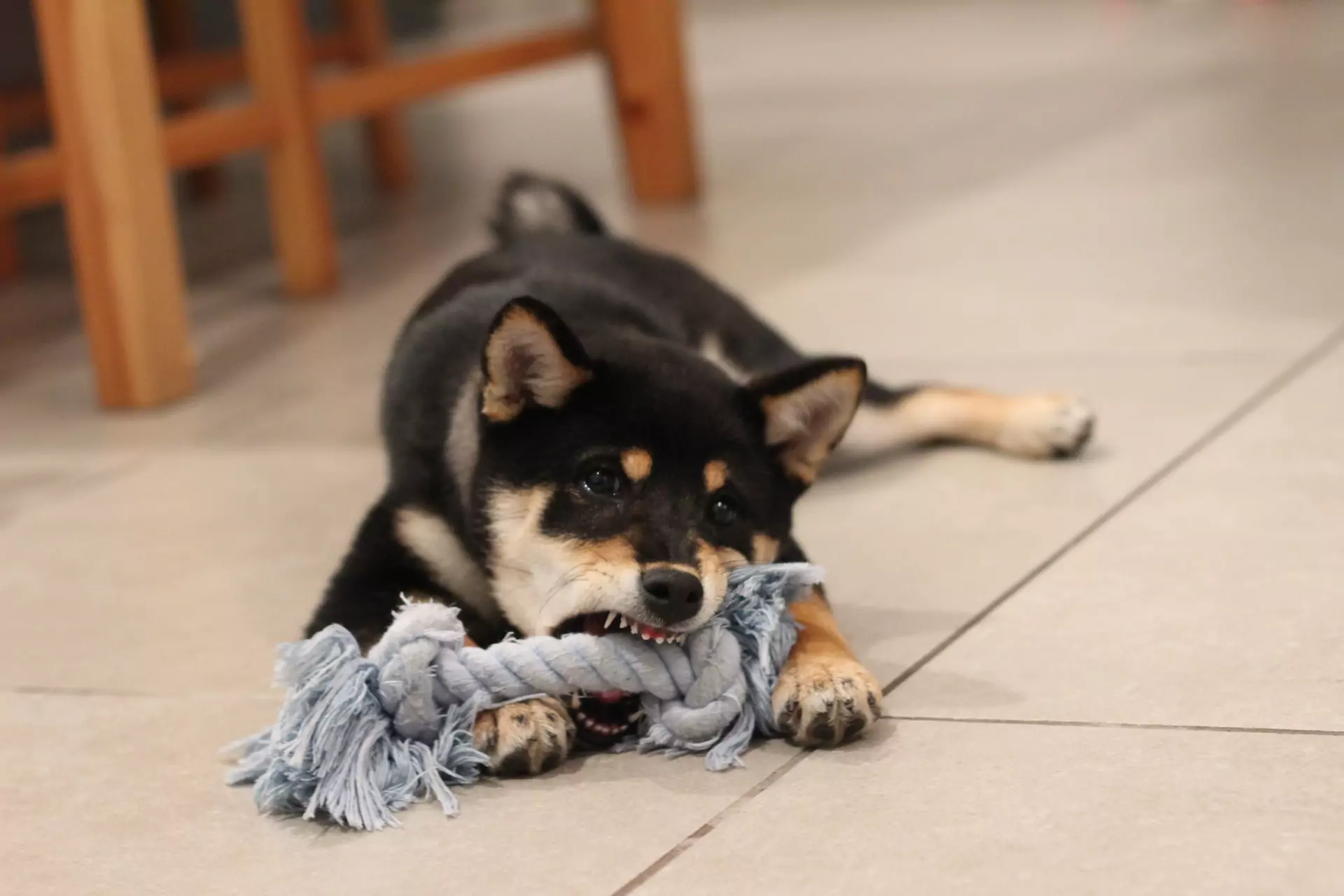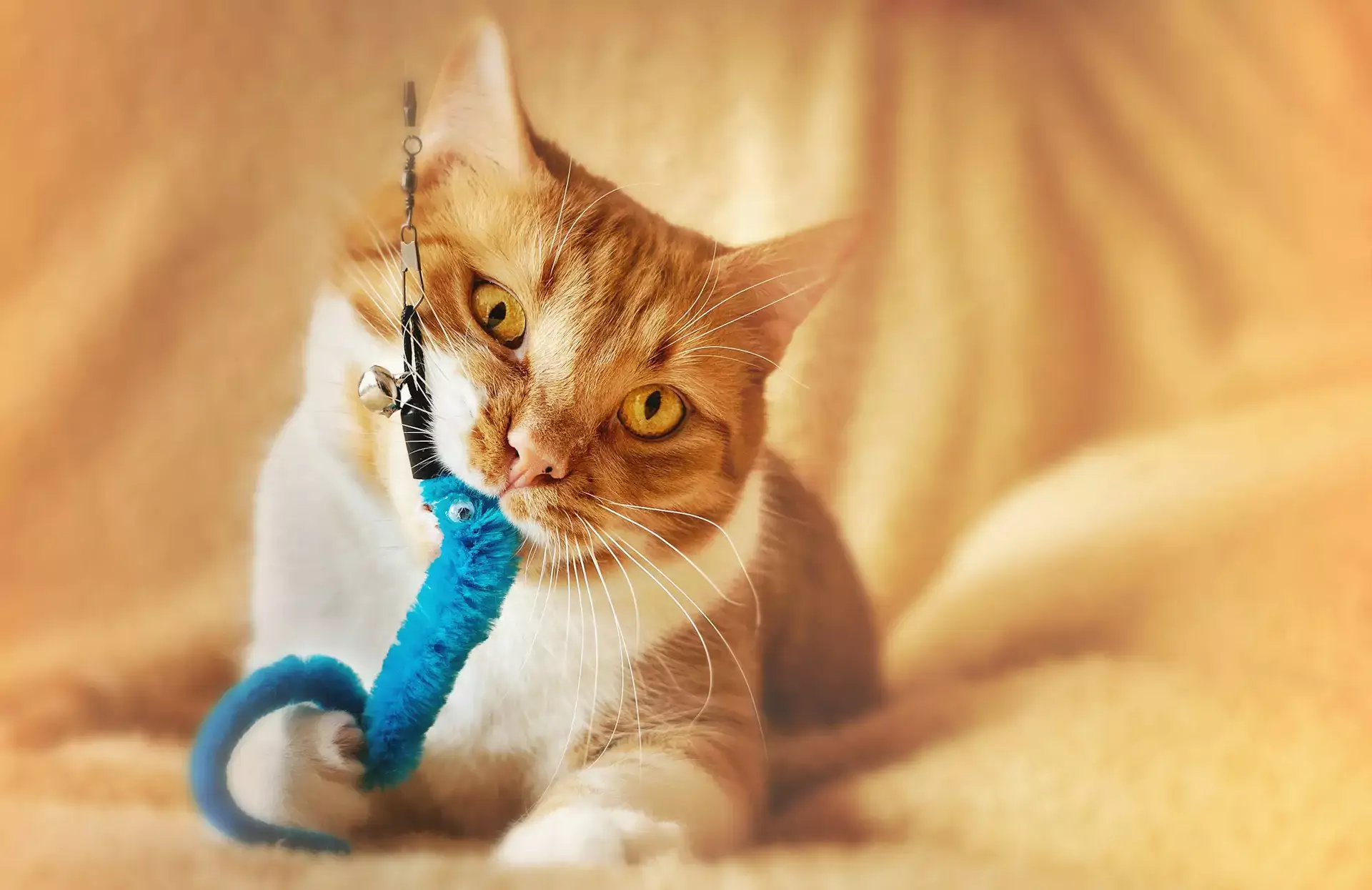Summer Chinchilla Care
Summer is coming. As the warm weather approaches, many sites and organizations in the pet care world focus on offering advice on helping our furry friends beat the heat. One little guy that is particularly sensitive to hot weather is the chinchilla. A local New Albany, IN vet offers some advice on helping your tiny pal stay cool in this article.
Fur
The chinchilla is native to the Andes, which is a naturally cool, arid climate. These little guys just aren’t made for heat! They can’t cool off by sweating, as we can, and they can’t really pant effectively enough to cool off that way. Unfortunately, they can overheat any time temperatures go above 75, which may not even seem very hot to many people. The best thing you can do is keep your adorable pet in a room or area that always stays between 60 and 70.
Cooling Options
Anytime your furball’s room is going to be hotter than that 70-degree benchmark, you’ll need to take a few steps to keep them from overheating. One thing you can do is freeze a cement, granite, or marble tile and put it in their cage. Terracotta pots also work for this, though you should only use ones that have been properly cleaned and disinfected. You can also offer your pet frozen water bottles or even frozen towels. Providing an extra water bottle isn’t a bad idea, either.
Dust Baths
Chinchillas do need baths, but not the soap-and-water type: instead, they use dust to soak up grease and oil from their fur. Keep your pet’s clean dust in the fridge.
Warning Signs
Watch for signs that your tiny buddy is getting too hot. Red ears are a literal red flag here. Other warning signs include lethargy, drooling, seizures, and difficulty walking or standing. If you see any of these things, immediately take steps to cool your chinchilla off. Give them a bag of frozen peas to lay on, or hold them before an open freezer door. Call your vet as you’re doing this, and ask for further instructions.
Treats
Who doesn’t like a cold snack on a sweltering day? Many popular chinchilla snacks can be kept in the fridge or freezer. Just stick with things you know are safe. Ask your vet for specific advice.
As your New Albany, IN animal clinic, we’re here to help! Contact us anytime!



